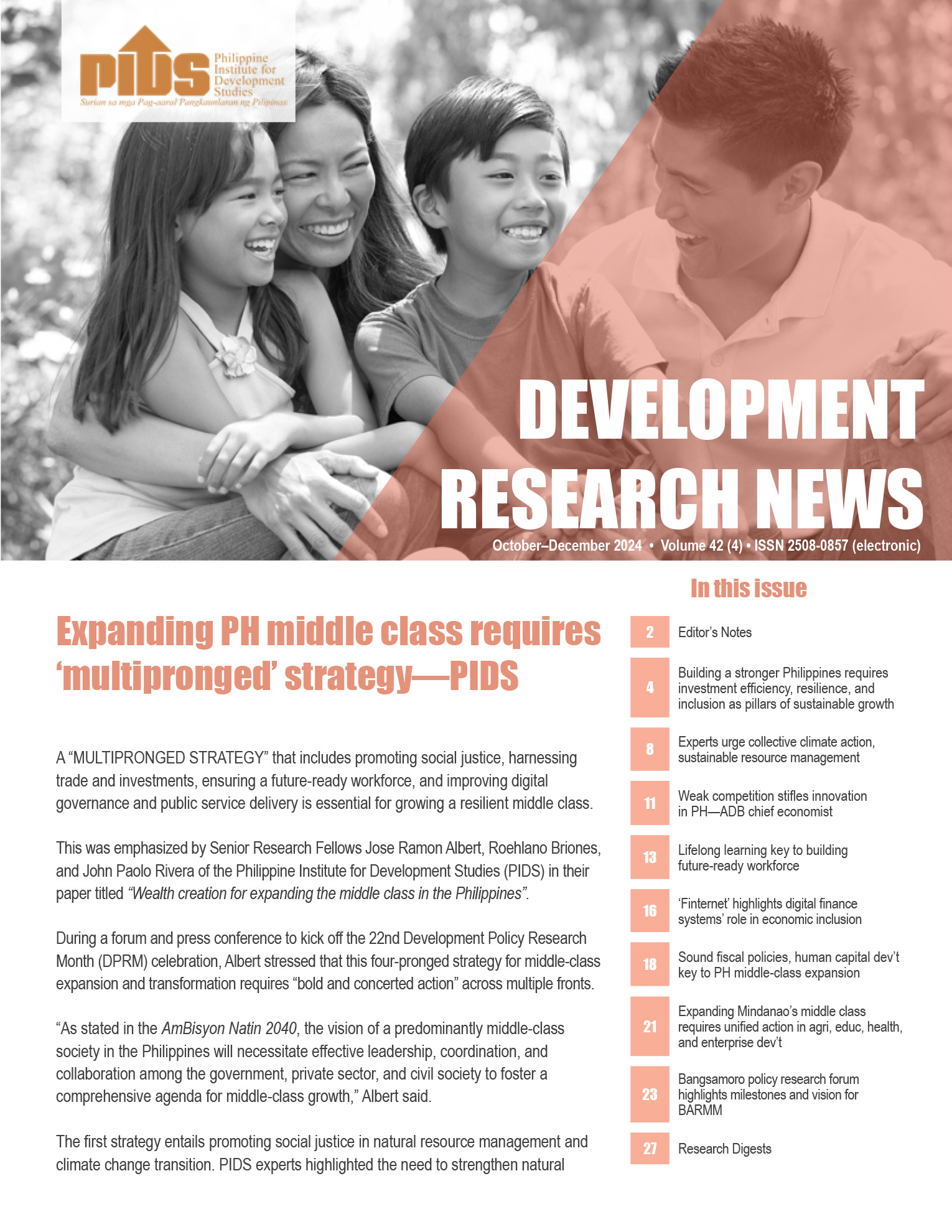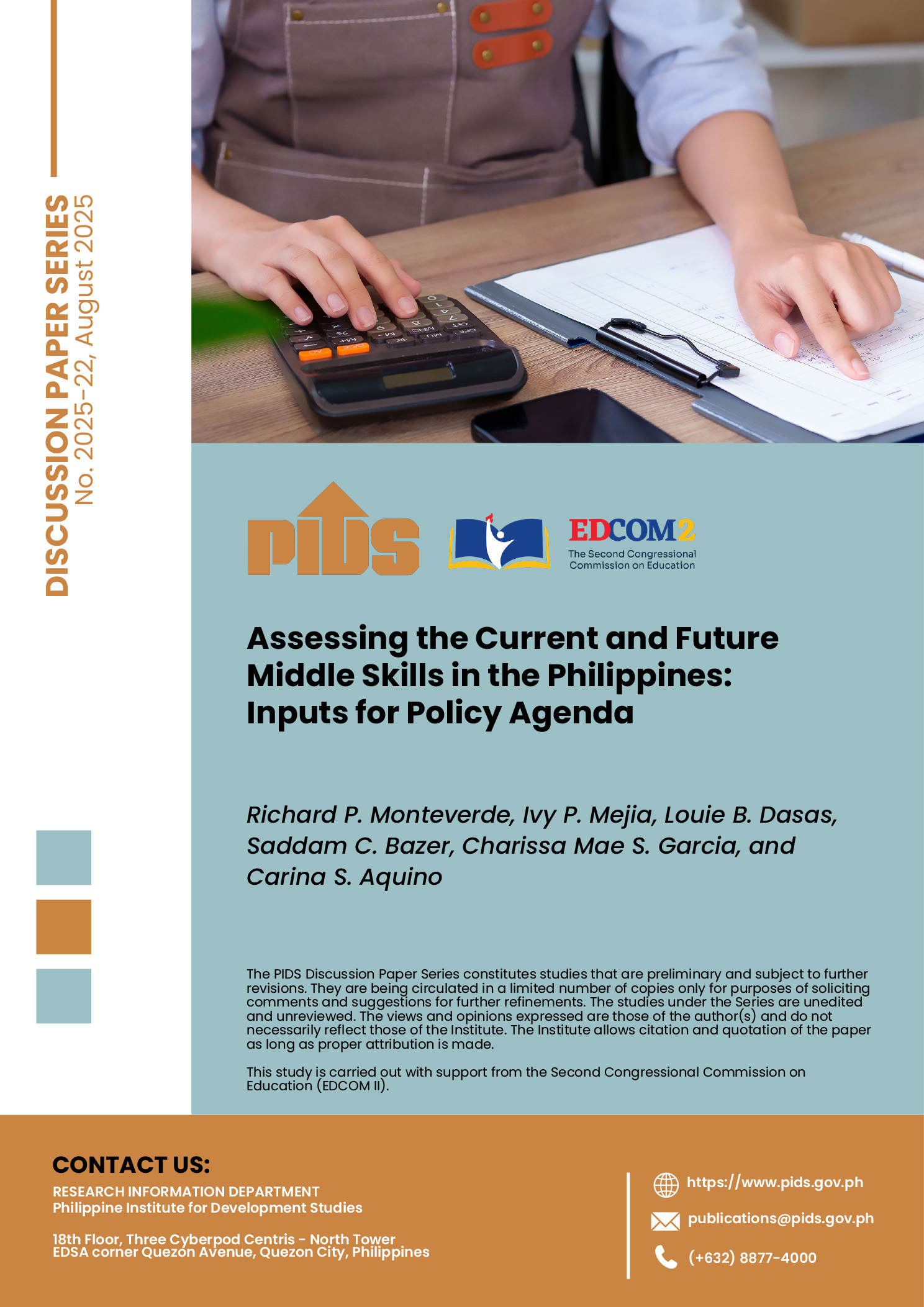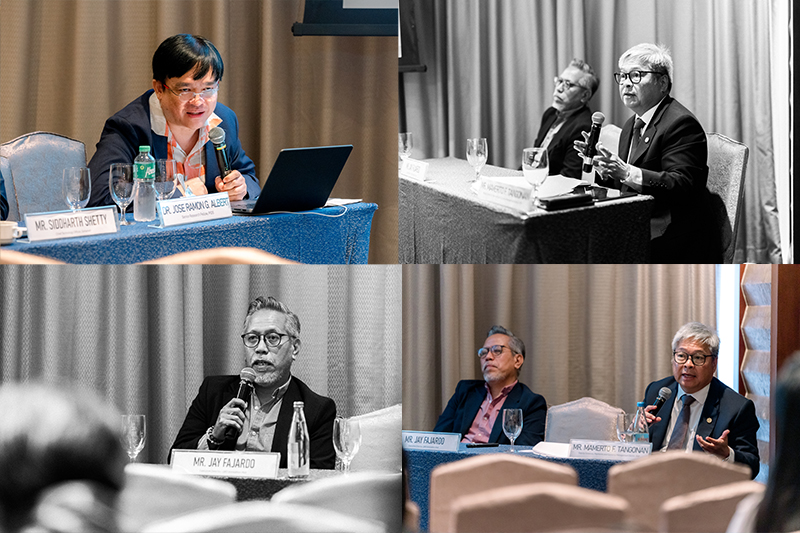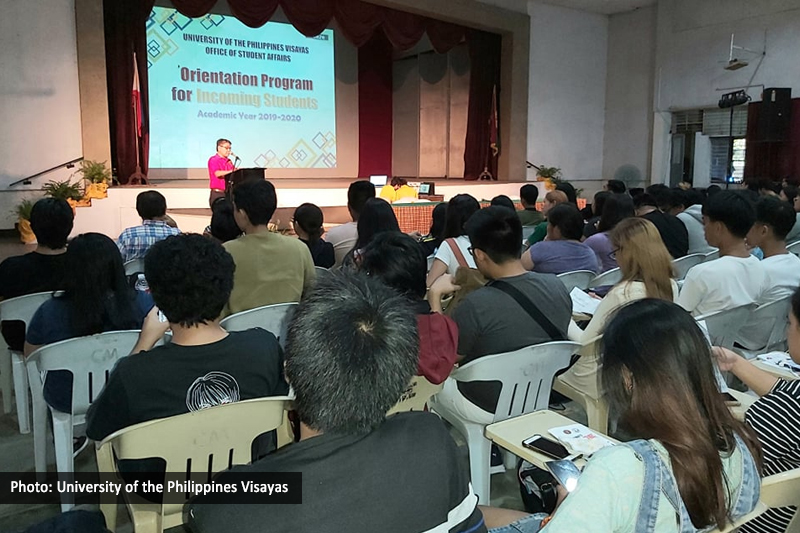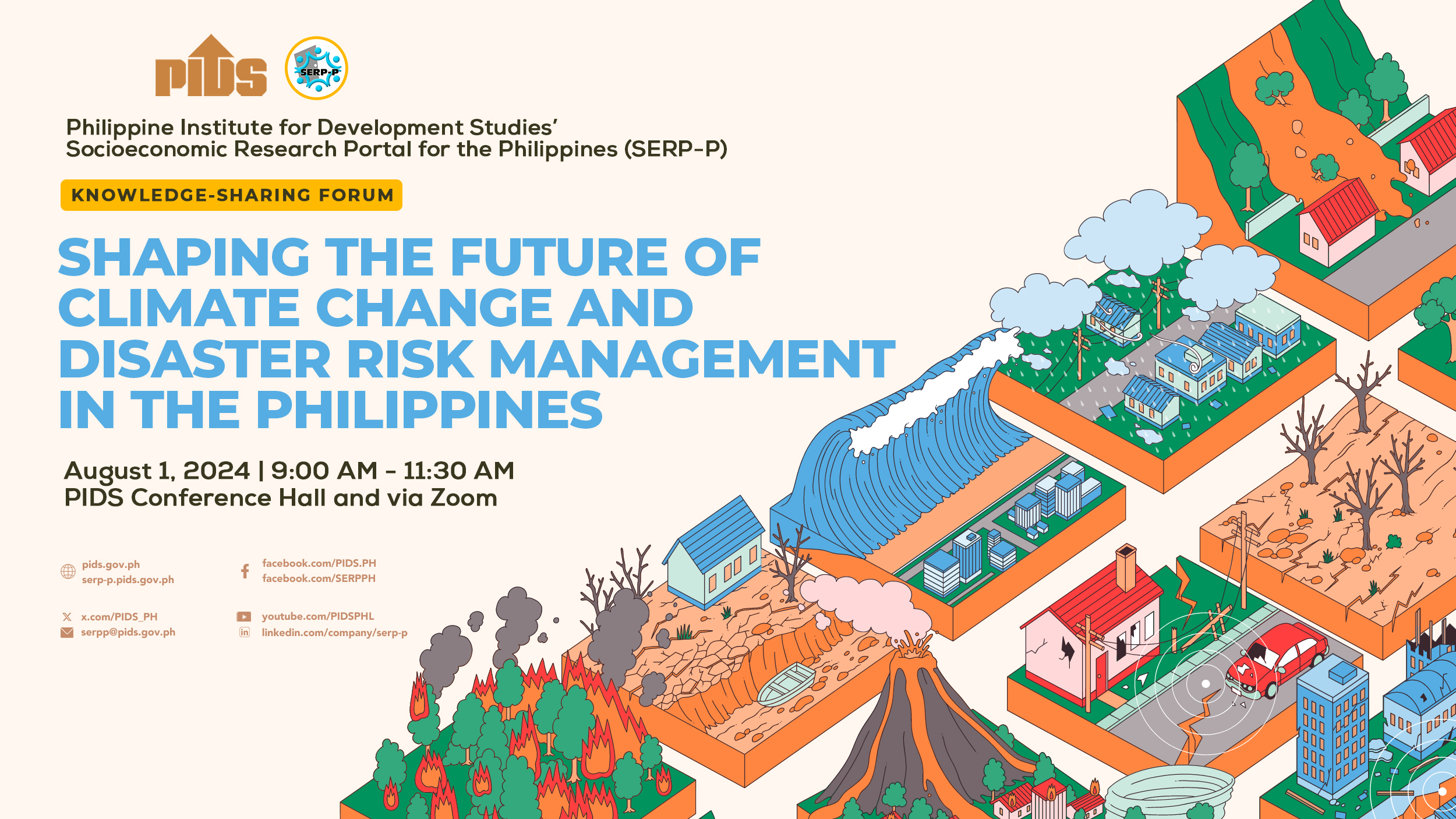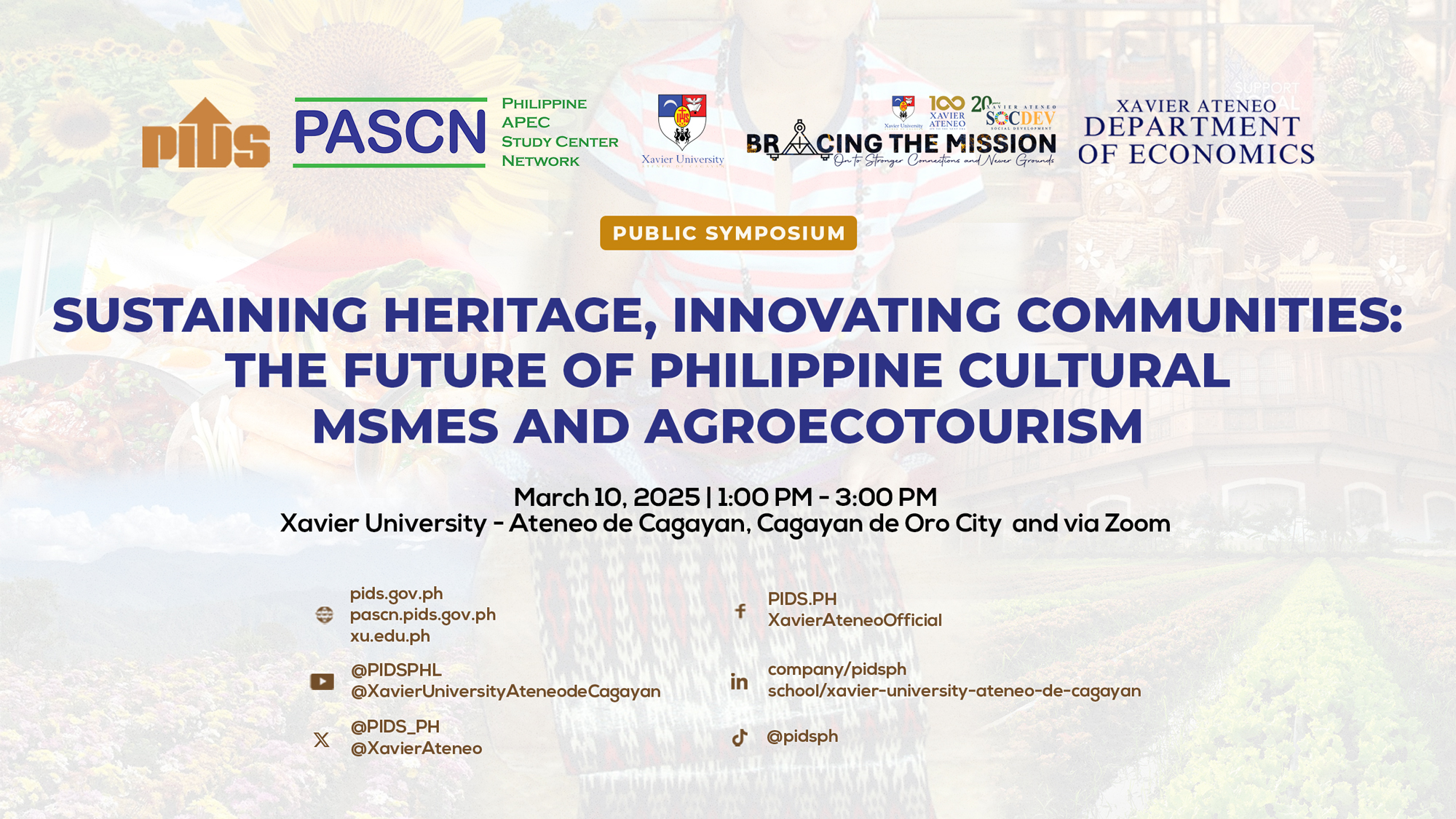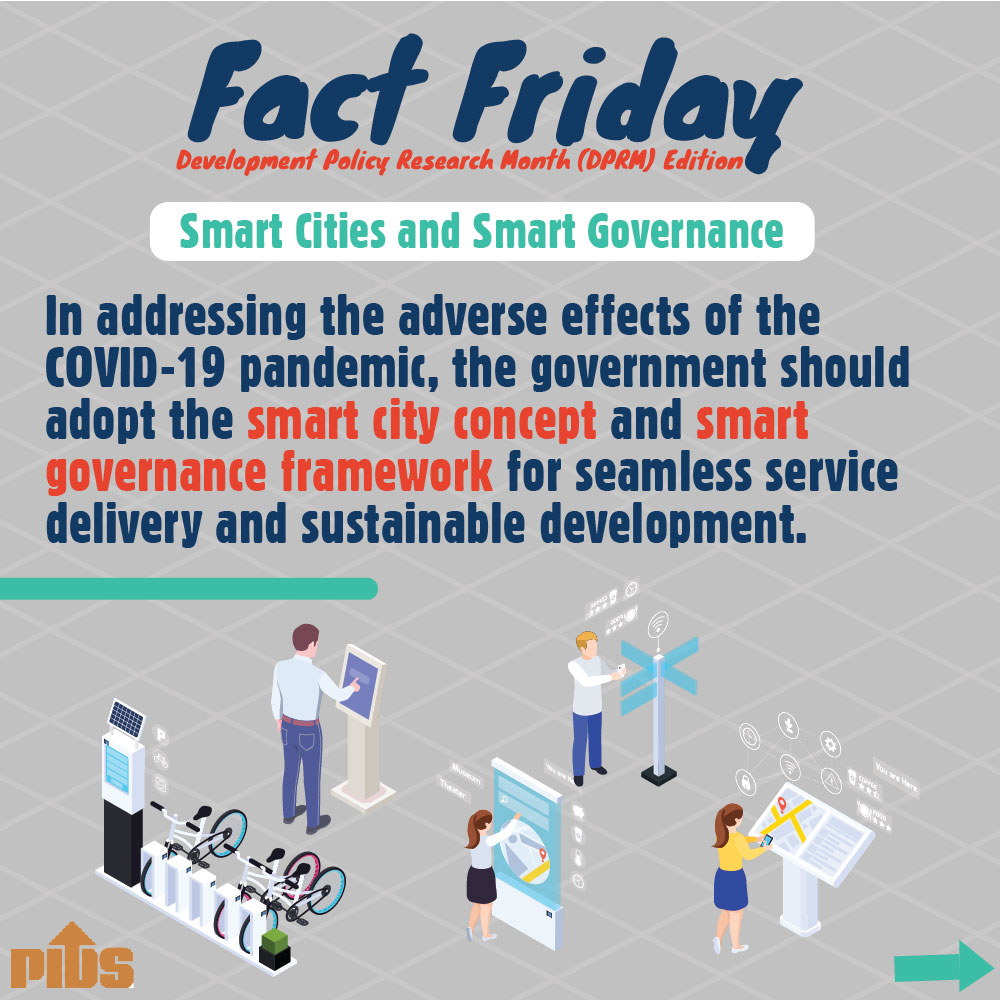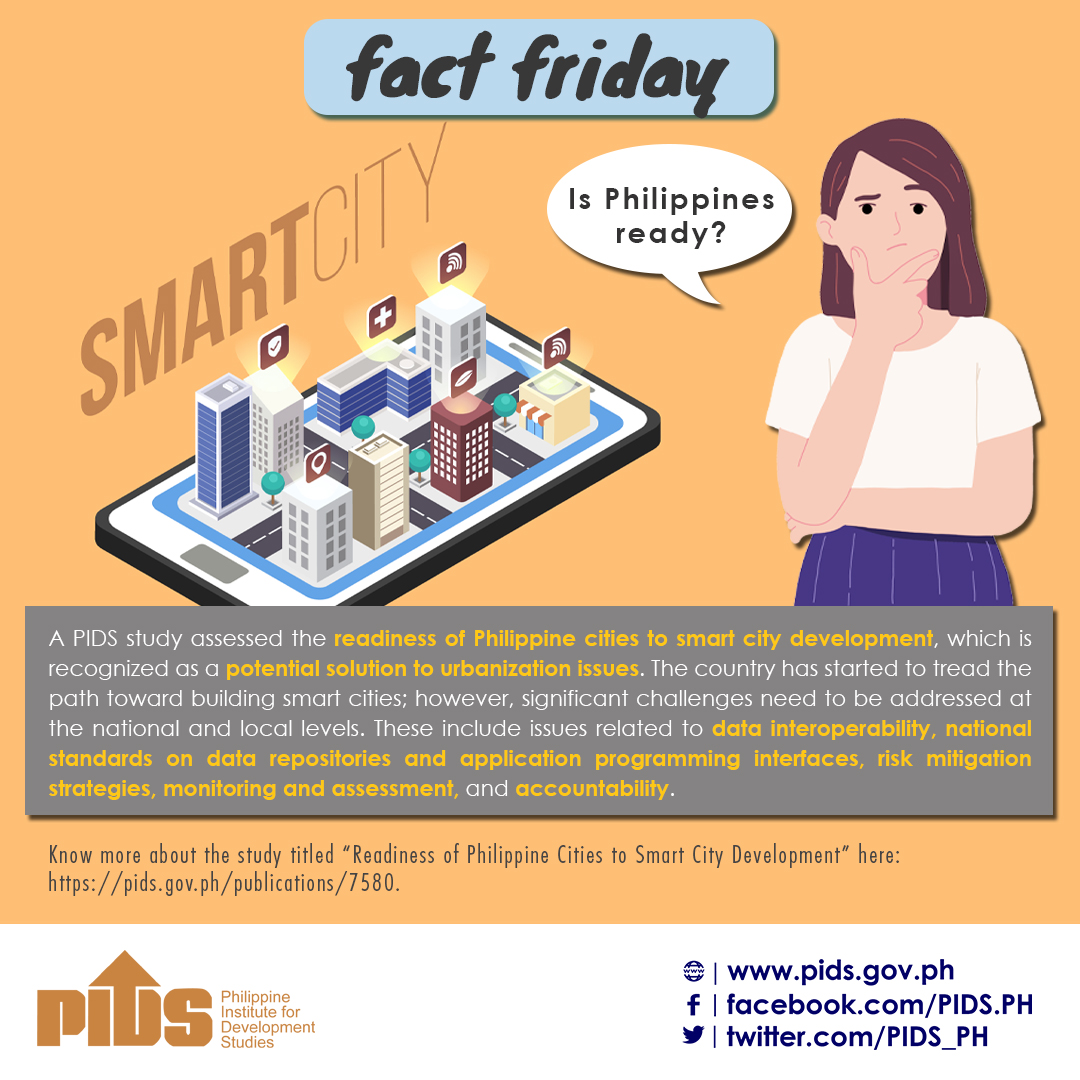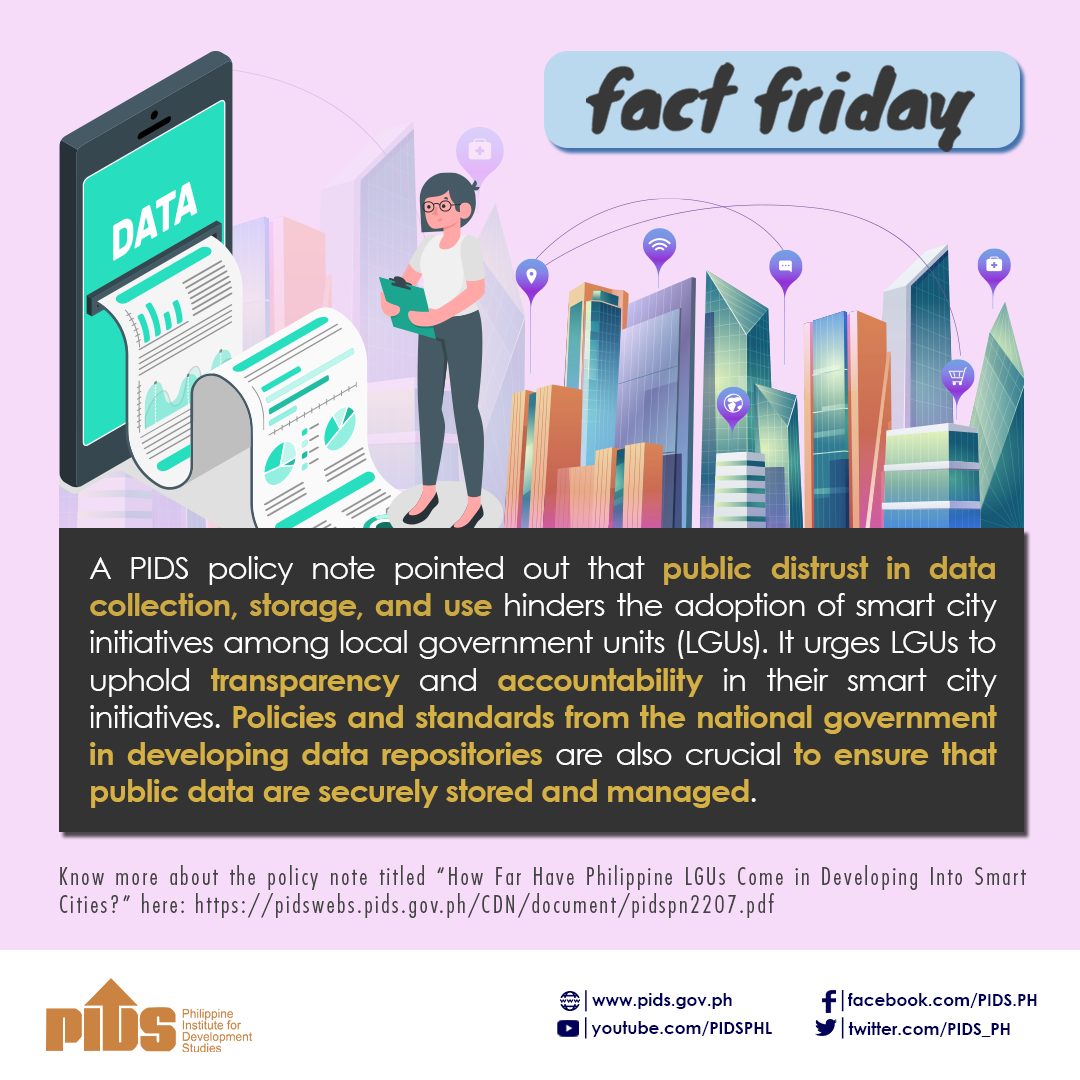In recent years, cities have been embracing the concept of becoming “smarter” to enhance the quality of life for citizens. This transformation entails continuous monitoring of residents and infrastructure, enabling real-time communication to address any suboptimal performance.
The journey towards smart cities can be traced back to the 1970s when Los Angeles pioneered the first urban big data project. Based on GlobalData Thematic Research, Amsterdam’s establishment of a virtual digital city in 1994 heralded the real beginning of the smart city revolution.
With separate initiatives by IT behemoths IBM and Cisco, the trend picked up steam in the middle of the 2000s. Barcelona hosted the first Smart City Expo World Congress in 2011, launching a yearly event that monitors the growth of smart cities worldwide.
The primary goals of smart cities include leveraging the Internet of Things, Artificial Intelligence or Big Data to improve energy efficiency, reduce CO2 emissions and enhance residents’ well-being.
Creating effective software that can run cities and organizations simultaneously is necessary for developing “smart cities.” The show should make cross-border communication simple and easy.
By 2050 as anticipated by the United Nations, 70 percent of the world’s population is expected to live in urban areas, making smart cities vital for tackling supply, resource and pollution -related challenges. Smart city efforts are becoming more popular due to the need for sustainable urban development and the requirement to handle the growing population.
UNSPLASH/denys nevozhai | By 2050 as anticipated by the United Nations, 70 percent of the world’s population is expected to live in urban areas.
The top 10 global smart cities are leading the way, according to the IESE Cities in Motion Index. Cities like Copenhagen, Oslo, Amsterdam, Singapore, Washington, Berlin, Tokyo, Paris, New York and London are at the forefront of innovative initiatives that are shaping urban settings throughout the globe. The Philippines is one of the nations embracing this wave of change.
In the Philippines, local governments have recently shown notably excellent support for advancing smart city ideas. Cities nationwide have accomplished fast service digitalization and established usage, storage and security guidelines.
Notable projects include the Command Center Upgrade and E-government Services in Manila, the Bus Rapid Transit System and Digital Traffic System in Cebu City, and the Converged Command and Control Center and Intelligent Transportation and Traffic Systems with Security in Davao City. The Philippine government’s dedication to the successful execution of these measures was recognized during the Fourth ASEAN Smart Cities Network Annual Meeting.
While the objective of smart cities is to enhance the lives of citizens, concerns remain. In line with an evaluation by the Philippine Institute for Development Studies, Local Government Units are concerned about whether the public would support innovative city projects.
The Bases Conversion and Development Authority and private sector businesses have joined forces to create The New Clark metropolis, which aims to be the country’s first smart, resilient and green metropolis and provides a positive example for the future.
As time passes, the idea of the smart city will advance further as cities worldwide adopt cutting-edge technology and extend their smart infrastructure to promote harmonious living while safeguarding the environment.

